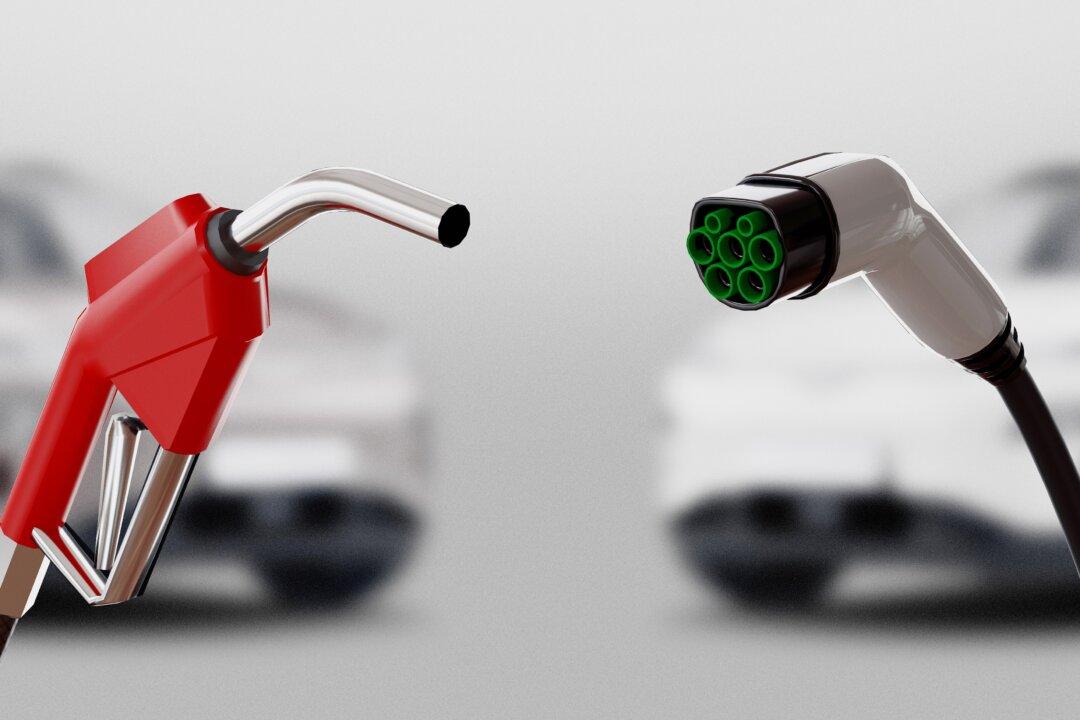Besides buying a house, the average person’s biggest purchase is a car. So when you go to make that large purchase, shop around. Many factors, like cost, maintenance, gas mileage, depreciation, etc., are considered. You want the best deal that will make sense financially.
Electric vehicles (EVs) have been in the news and are touted to make sense financially. Many believe they are more economical than gas-powered vehicles. But is that the case? What is the economics of EVs versus gas? And does it make sense to drive one long-term?






